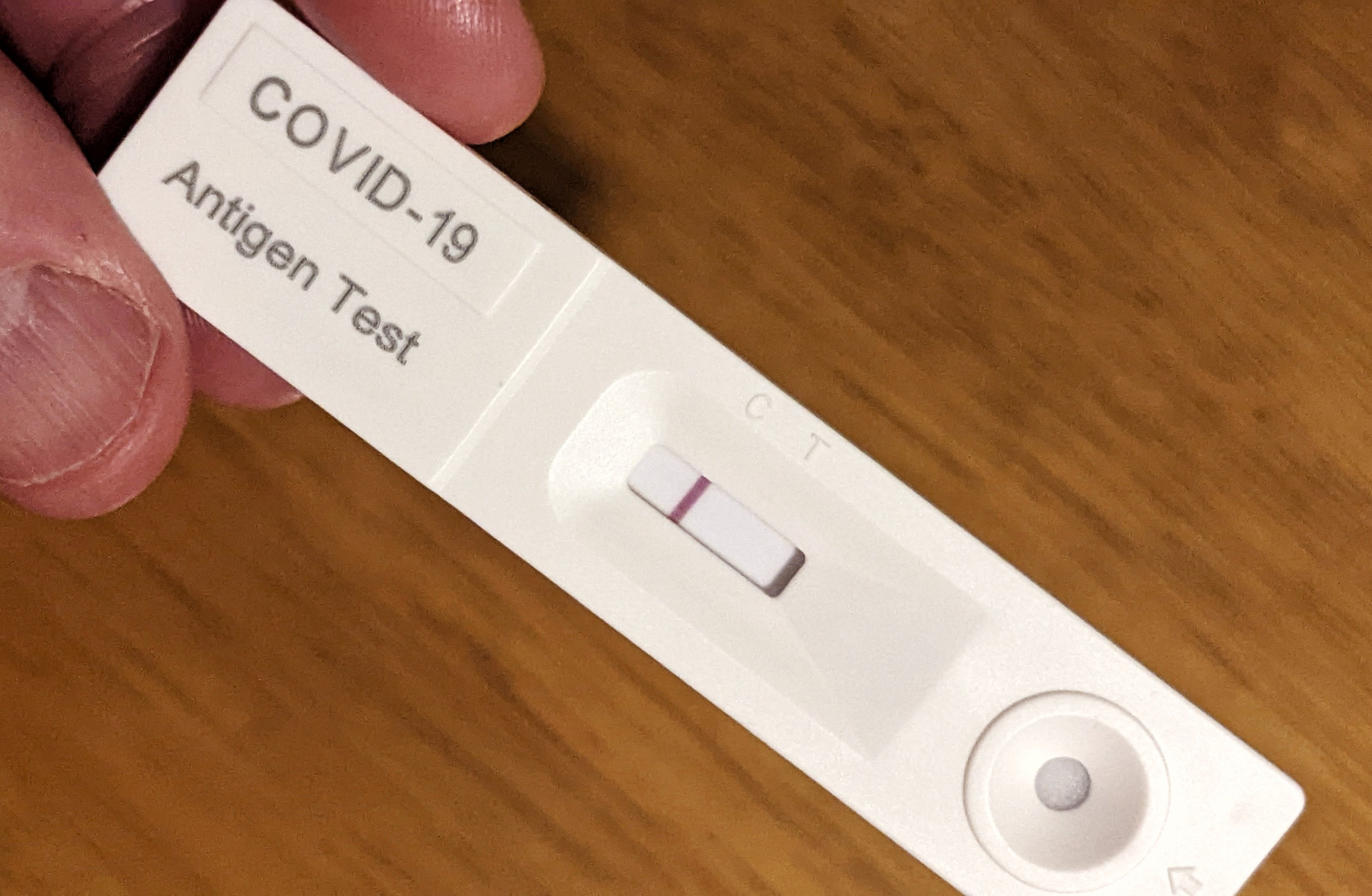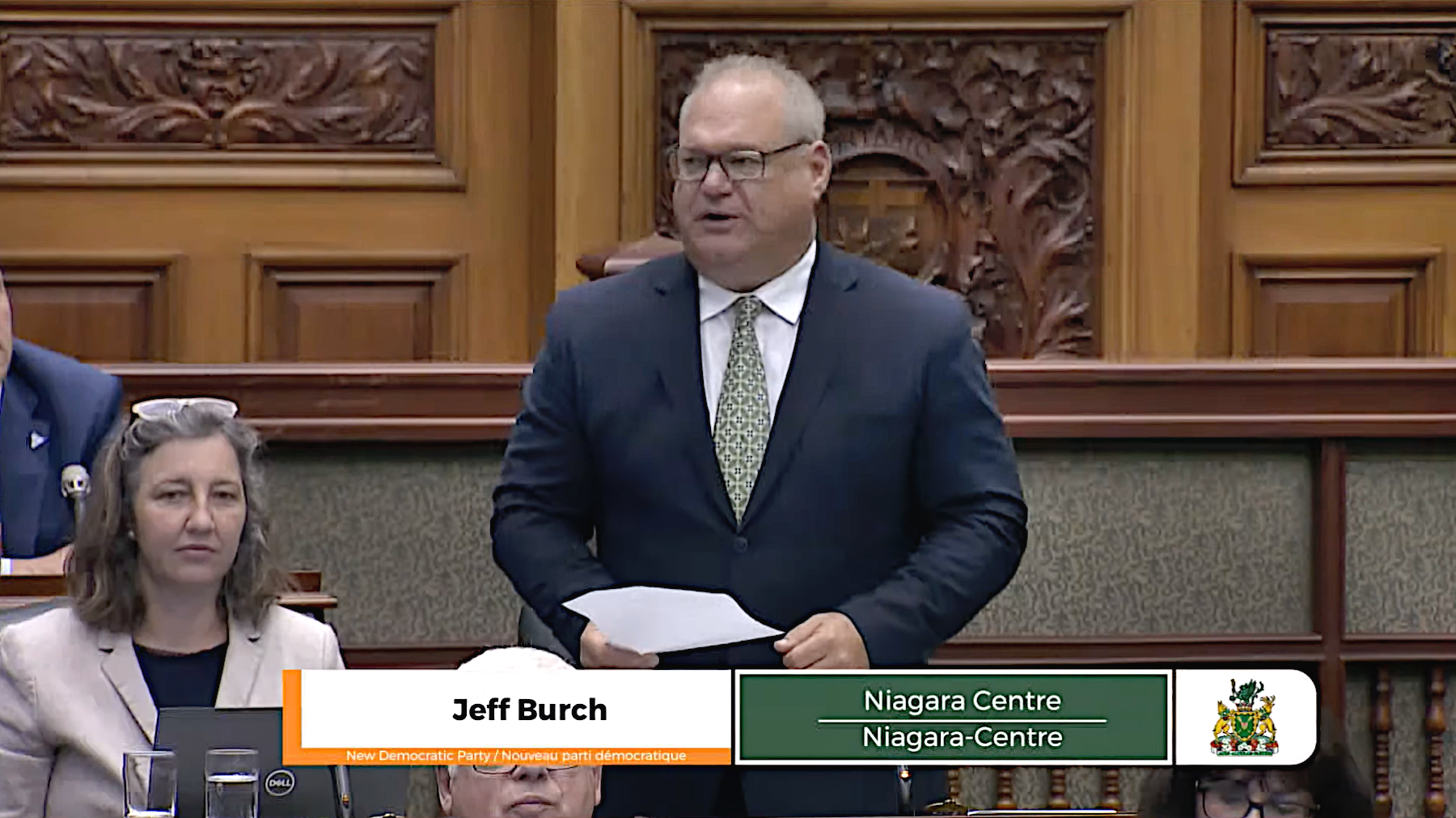Last night, scientists began to hear cryptic and foreboding warnings from colleagues: Go to the CDC website, and download your data now. They were all telling one another the same thing: Data on the website were about to disappear, or be altered, to comply with the Trump administration’s ongoing attempt to scrub federal agencies of any mention of gender, DEI, and accessibility. “I was up until 2 a.m.,” Angela Rasmussen, a virologist at the Vaccine and Infectious Disease Organization at the University of Saskatchewan who relies on the CDC’s data to track viral outbreaks, told me. She archived whatever she could.
What they feared quickly came to pass. Already, content from the CDC’s Youth Risk Behavior Surveillance System, which includes data from a national survey, has disappeared; so have parts of the Agency for Toxic Substances and Disease Registry’s Social Vulnerability Index and the Environmental Justice Index. The CDC’s landing page for HIV data has also vanished. And the agency’s AtlasPlus tool, which contains nearly 20 years of CDC surveillance data on HIV, hepatitis, sexually transmitted infections, and tuberculosis, is down. Several scientists I talked with told me they had heard directly from contacts at the CDC that the agency has directed employees to scrub any mention of “gender” from its site and the data that it shares there, replacing it with “sex.”




